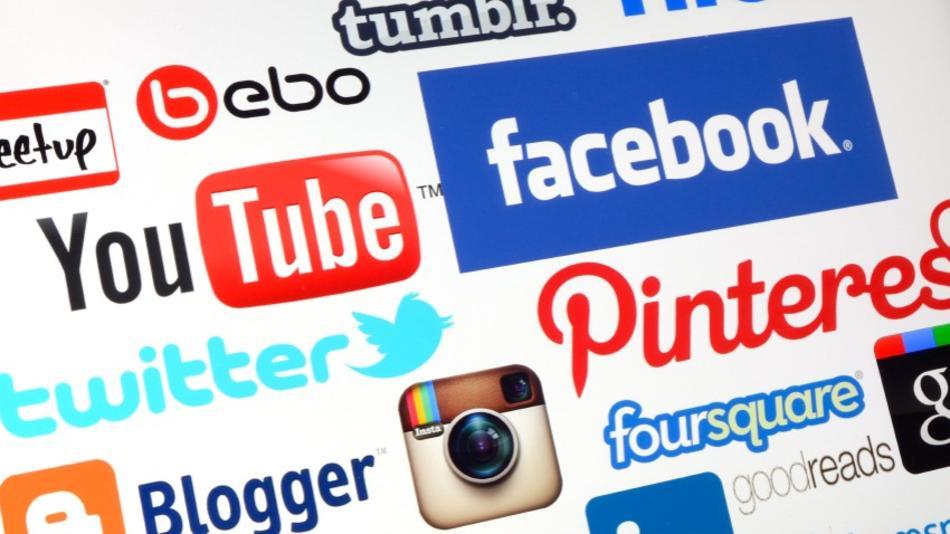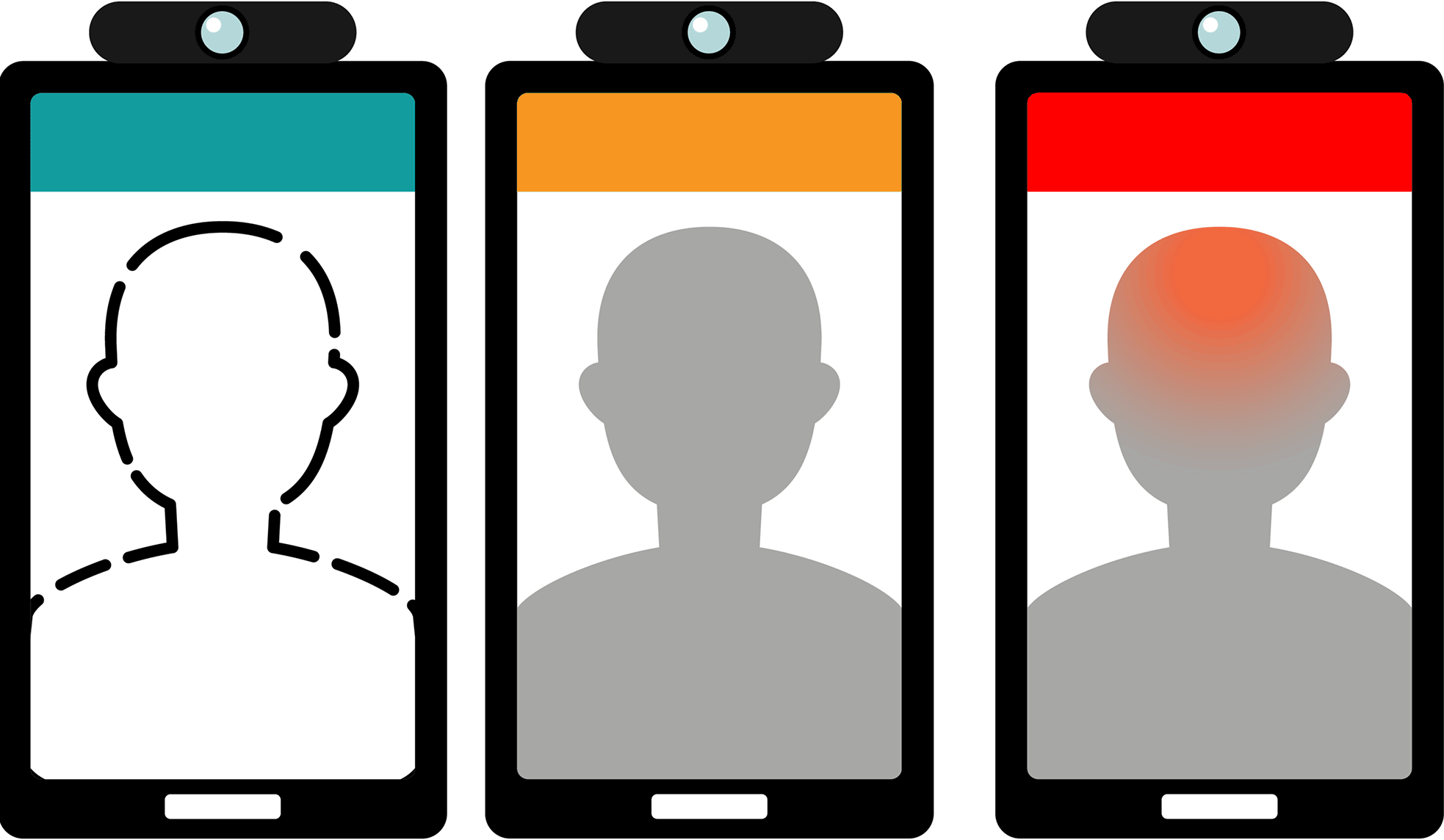We’ve all seen the trolls. The online bullies. The sudden surge of late night Facebook posts, or uncharacteristically antagonistic comments for seemingly no reason. Many of us have been unexpectedly de-friended or blocked — or blocked someone ourselves, due to a string of depressing, attention-seeking status updates.
This is a part of modern virtual life, so much that we’re pretty much desensitized to it.
But maybe we should start paying better attention.
A Facebook wall can be a window into your mental health, research suggests.
In fact, online posts can oftentimes be the first indicator of an emerging mental health problem, such as depression, anxiety or even dementia.
The reason: Online activity shows how people express themselves naturally, with fewer filters, social cues and inhibitions. Even what people choose to conceal online gives insight into how their brains works, experts say.
It may be easy to conceal a deteriorating memory, anxiety or even suicidal inclinations for years when you see someone in person only occasionally. But if you pay attention to your loved ones’ patterns and choices online — especially changes in behavior — you may be tipped off that something’s going on long before they would have let on in person, according to some Boulder therapists.
That’s why one of the first questions that therapist Tracy Markle asks her clients is about their online use. She says their favorite websites, how much time they spend online and how they interact with others all give her clues about potential mental health issues.
“Even five years ago we weren’t asking that,” Markle says. “We’ve had a dramatic change in what’s being presented to us by the young adult age group, and we’re finding the computer has a lot to do with their mental health issues, their school failure and problems holding down jobs. It’s one of the core mental health factors today.”
Markle is the owner and director of Boulder’s Collegiate Coaching Services, which offers therapy, therapeutic coaching and clinical services to young adults under 30 and their families. One of the specialties: the effects of the Internet and technology on young adults.
One study published in “Psychiatry Research” last spring found that the information presented on people’s Facebook profiles was an accurate predictor of mental health. People with social anhedonia (a lack of pleasure from social interactions) had fewer friends and photos. And people who hid more of their profiles from researchers had higher levels of paranoia, and were more likely to hold odd beliefs.
If a person has bipolar disorder, Markle says you can often see manic or depressive episodes play out on Facebook.
“You might see an increase in posts about religion or extreme points of view that are out of the norm for them,” she says. “Someone on a manic episode may have increased ramblings, an excessive amount of those, extreme points of views, and lots of posts.”
Before the Internet, therapists noticed manic episodes by the amount of time a client spent awake and journaling, she says.
“Thoughts are so disorganized and pressured, they have to get them out somewhere,” Markle says. “Now, that’s transferred into blogs and Facebook.”
She says it’s common for therapists to watch a client’s online activity to monitor them.
For example, you might also be able to spot social anxiety online, if you watch how someone relates to other people. Are their comments socially acceptable? Are they seeking positive or negative attention?
“Sometimes they may present that they’re doing well and connecting, and you can look on Facebook and see they’re not relating well or understanding the tools they’re learning,” Markle says.
She likens cyberbullies and trolls to perpetrators in the “real world,” who want a way to gain power and control over others, especially vulnerable people. However, if you sit down with a cyberbully, Markle says, you often find “unresolved trauma they’ve never spoken about.”
“The abuse is a way to act that out and gain that power and control,” she says. “Where the aggression is coming from can also be internalized depression.”
The typical cries for suicide help are as visible on Facebook as face-to-face, says Andrew Rose, director of Boulder Emotional Wellness — such as talking about suicide, feeling hopeless or displaying extreme mood swings.
In 2011, a woman in England named Simone Beck announced her suicide online. Some friends teased her. Others told her to get help. But no one reached out to her in person until 17 hours later. By then, it was too late.
On Christmas night, a California man left a suicide farewell on Facebook, before parking his car on the train tracks; he was hit by a train and died.
These are just two of a handful of similar stories.
Facebook acknowledges the connection; the social network has partnered with the National Suicide Prevention Lifeline to help detect early warning signs — maybe even identify alarming social media patterns, such as changes in language and intervals between status updates.
When to worry
Of course, not every snarky comment online is reason to worry, but Markle does note a few red flags:
An excessive amount of time spent online may mean someone is isolating more from the real world, which may be a sign of depression or anxiety.
Trolling and leaving extremely aggressive comments often indicates a lack of inhibition, which can be correlated with mental illness.
Late night activity may be connected with substance abuse.
Sudden de-friending or blocking could mean that someone is hiding something or abusing substances.
Negative social interactions from others, such as being a victim of cyberbullying, can also lead to increased suicidal thoughts, depression or social struggles.
An addiction to the Internet, characterized by a lack of face-to-face experiences and problems with work or school, is also tied to an increase in depression and anxiety. The more time you spend online, the more those feelings increase, Markle says. As many as 18 percent of the young adult population worldwide has Internet Addiction Disorder, she says.
With how much time we spend online, it can be easy to grow desensitized to many of these red flags, Markle says. It’s easy to receive a random attack or see an abnormal post and just think, “Wow, that’s annoying. I’m going to delete that comment or block them.”
Instead, she urges people to follow up with a phone call, or better yet, in person.
“If you call your friend and say, ‘Hey, what was that about? That was pretty aggressive or not very nice,’ chances are, they’re going to approach you in a much more moderate, reasonable way than how they might respond to you if you had responded to them online,” Markle says.
And you might also open up a conversation they need to have, to get help.
“It might be a sign,” she says. “They might be trying to reach out for help one way or another.”
Contact Staff Writer Aimee Heckel at 303-473-1359 or heckela@dailycamera.com.




